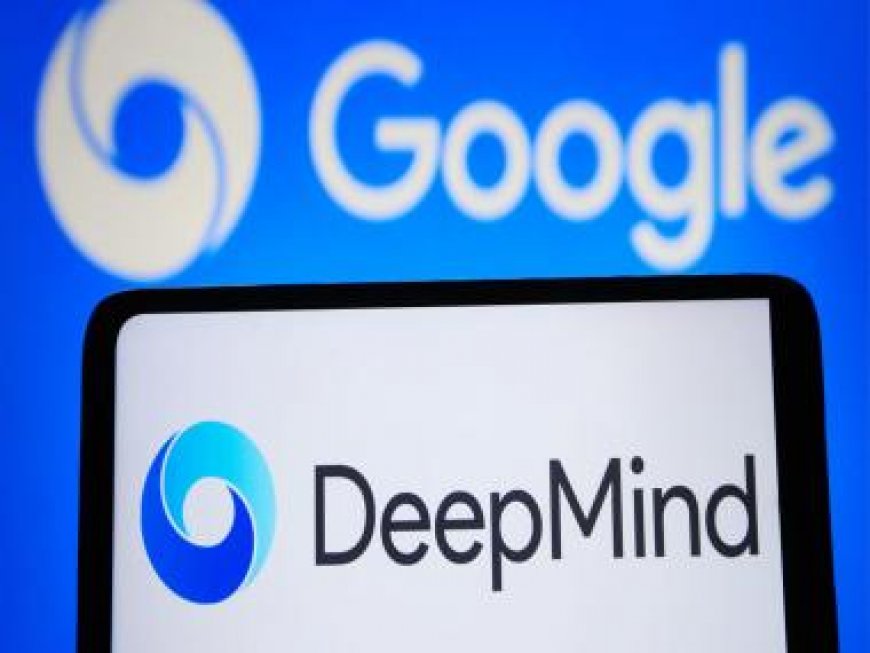Looking into the Future: Google's Deepmind AI can predict if genetic mutations are likely to cause harm
Looking into the Future: Google's Deepmind AI can predict if genetic mutations are likely to cause harm

Researchers at Google DeepMind, the artificial intelligence division of the tech giant, unveiled a groundbreaking tool that predicts the potential harm caused by genetic mutations.
This development has significant implications for advancing research into rare diseases. According to Pushmeet Kohli, Google DeepMind’s Vice President for Research, these findings represent another significant stride in recognizing the transformative impact of AI on the natural sciences.
The tool’s primary focus lies in assessing “missense” mutations, which involve alterations to a single letter of the genetic code. In the typical human genome, there are approximately 9,000 such mutations, some of which can be benign, while others can lead to severe diseases like cystic fibrosis, cancer, or disruptions in brain development.
Thus far, researchers have observed four million of these mutations in humans, yet only two per cent of them have been definitively categorized as either disease-causing or harmless.
In total, there are a staggering 71 million possible such mutations. Google DeepMind’s tool, named AlphaMissense, meticulously scrutinized these mutations and achieved an impressive 89 per cent prediction rate, coupled with a 90 per cent accuracy rate.
Each mutation received a designated score indicating its potential to cause disease, commonly referred to as “pathogenic.”
The outcomes of this analysis revealed that 57 per cent of the mutations were likely benign, while 32 per cent were deemed potentially pathogenic, with the remaining portion categorized as uncertain. The database generated by AlphaMissense has been made publicly accessible to scientists, and a corresponding study has been published in the journal Science.
In an article also featured in Science, experts Joseph Marsh and Sarah Teichmann underscored that AlphaMissense displayed “superior performance” compared to previously available tools. Jun Cheng of Google DeepMind emphasized that the tool’s predictions were not primarily intended for standalone clinical diagnoses.
However, the researchers believe that these predictions could significantly boost the rate of diagnosing rare diseases and potentially lead to the discovery of new disease-causing genes. This, in turn, may indirectly pave the way for the development of innovative treatments.
AlphaMissense’s training was conducted using DNA samples from humans and closely related primates, allowing it to distinguish which genetic mutations are widespread and relevant.
Cheng likened this training process to learning a language, explaining that the tool was able to evaluate mutations in the context of millions of protein sequences and discern whether a mutation had the potential to be harmful, much like a language expert can immediately recognize if substituting a word in a sentence changes its meaning.
What's Your Reaction?

























































